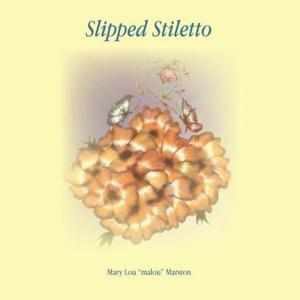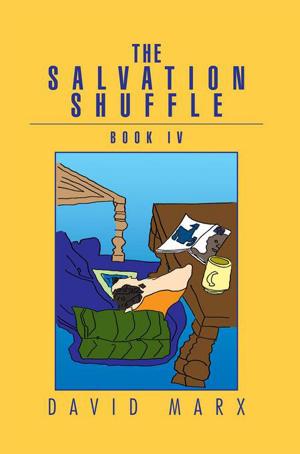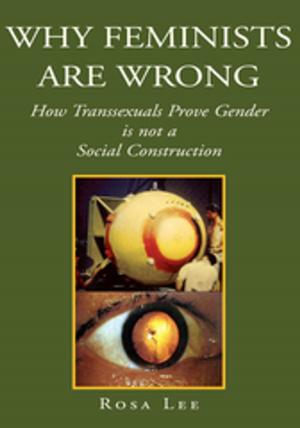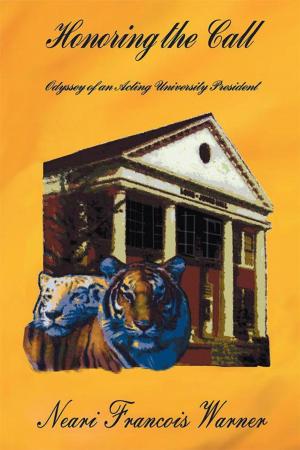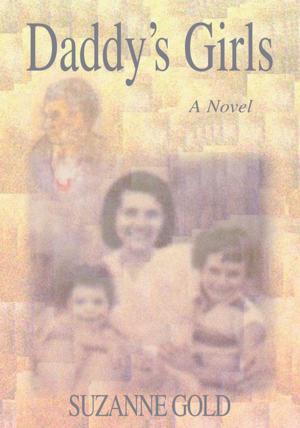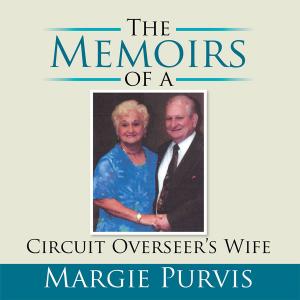| Author: | Elaine Ruth Pope | ISBN: | 9781465315878 |
| Publisher: | Xlibris US | Publication: | March 20, 2007 |
| Imprint: | Xlibris US | Language: | English |
| Author: | Elaine Ruth Pope |
| ISBN: | 9781465315878 |
| Publisher: | Xlibris US |
| Publication: | March 20, 2007 |
| Imprint: | Xlibris US |
| Language: | English |
"The author asks as you read this 'prison reform' book interlaced with small parts of her own personal involvement, that you overlook the grammar, punctuation and, sentence structure errors because she did not and, does not consider herself a writer. But she felt this story had to be told to inform society there is another view of prison life on the inside, rather than only the stories reported by the media and the justice system itself.
Therefore, what you are about to read will take you on a journey into the chilling hellhole of prison and, you will find it is not at all what you expected it to be. Quite the contrary, it is a house of dreams for souls who are victims themselves: Victims of abuse while living on the outside in society and, victims of abuse by the penal system during incarceration. In addition, they are victims of drug and alcohol related incidents, or bad judgment and, in more cases than we can imagine, of wrongful conviction."
"Elaine was almost oblivious to the insane walk; two sets of remote controlled steel gates, a search room, a 70-foot fenced walkway topped with rolls of ice-steel razor wire, another set of barred gates, but this time, she was conducted straight to the hospital. Every time she made this trip she was appalled at the madness behind the disproportionate security. It appeared to her the perimeter towers, rifles, steel topped clubs, pepper spray and stun guns strapped to the hips of every guard were security enough against men who were shackled behind these cement walls." (p. 17)
"Elaine was alone in Starke, Florida. She had driven from Michigan alone to meet Horace and to help him with his appeals and also, when the time was right to become his wife. During the five months since her arrival from Michigan, she had made a few acquaintances, but hadnt had sufficient time to make a good friend. Horace had been her only friend. She had neither friends nor family to stand by her side to give comfort and solace as Horace slowly died a suffering death. But why? Why would a woman, who was considered an average societal wife and mother, leave family and home, even divorcing, to marry a man on death row? Why enter into an environment where personal diminishment is the daily experience? And especially perplexing, why enter into a relationship with a man whose impending death was possibly the only future? Why did Elaine do this? Did She have a choice? It seemed, somehow, her whole life had prepared her in a special way to follow this course, as if a plot had been written. Did she feel a martyr? Did she feel a fool? Did she feel courageous? Elaine truly doesn't have answers to any of these questions, yet one thing she knows about herself," (p. 21)
"Even though Horace worked hard in the orange groves all day and led a Honky Tonk band at night in several Lounges in Bartow and Eloise, it didn't matter what he could have been. His reality was, he was marked...His being part Japanese at that prejudicial time and Native American as well, he was prejudged and condemned by an absurd record of poverty and ethnicity. Whether he was laboring in the groves or strumming his guitar playing in lounges at night, Horace was a wandering man with a wandering heart in search of fulfillment. And for this honky-tonk heartbreaker, unfortunately, the worst was about to come for he was one more person who would not be touched by the American Dream but was about to become part of Americas nightmare. (page 29)
"The Court: If I can assure you that I would makewell, I will assure you that in the event you are sentenced to life or death
The Defendant: Yes, maam.
The Court:that I would do everything within my power to have them protect you, but in protecting you, not isolate you from sight and hearing of other inmates.
The Defendant: Yes, maam, I understand.
"The author asks as you read this 'prison reform' book interlaced with small parts of her own personal involvement, that you overlook the grammar, punctuation and, sentence structure errors because she did not and, does not consider herself a writer. But she felt this story had to be told to inform society there is another view of prison life on the inside, rather than only the stories reported by the media and the justice system itself.
Therefore, what you are about to read will take you on a journey into the chilling hellhole of prison and, you will find it is not at all what you expected it to be. Quite the contrary, it is a house of dreams for souls who are victims themselves: Victims of abuse while living on the outside in society and, victims of abuse by the penal system during incarceration. In addition, they are victims of drug and alcohol related incidents, or bad judgment and, in more cases than we can imagine, of wrongful conviction."
"Elaine was almost oblivious to the insane walk; two sets of remote controlled steel gates, a search room, a 70-foot fenced walkway topped with rolls of ice-steel razor wire, another set of barred gates, but this time, she was conducted straight to the hospital. Every time she made this trip she was appalled at the madness behind the disproportionate security. It appeared to her the perimeter towers, rifles, steel topped clubs, pepper spray and stun guns strapped to the hips of every guard were security enough against men who were shackled behind these cement walls." (p. 17)
"Elaine was alone in Starke, Florida. She had driven from Michigan alone to meet Horace and to help him with his appeals and also, when the time was right to become his wife. During the five months since her arrival from Michigan, she had made a few acquaintances, but hadnt had sufficient time to make a good friend. Horace had been her only friend. She had neither friends nor family to stand by her side to give comfort and solace as Horace slowly died a suffering death. But why? Why would a woman, who was considered an average societal wife and mother, leave family and home, even divorcing, to marry a man on death row? Why enter into an environment where personal diminishment is the daily experience? And especially perplexing, why enter into a relationship with a man whose impending death was possibly the only future? Why did Elaine do this? Did She have a choice? It seemed, somehow, her whole life had prepared her in a special way to follow this course, as if a plot had been written. Did she feel a martyr? Did she feel a fool? Did she feel courageous? Elaine truly doesn't have answers to any of these questions, yet one thing she knows about herself," (p. 21)
"Even though Horace worked hard in the orange groves all day and led a Honky Tonk band at night in several Lounges in Bartow and Eloise, it didn't matter what he could have been. His reality was, he was marked...His being part Japanese at that prejudicial time and Native American as well, he was prejudged and condemned by an absurd record of poverty and ethnicity. Whether he was laboring in the groves or strumming his guitar playing in lounges at night, Horace was a wandering man with a wandering heart in search of fulfillment. And for this honky-tonk heartbreaker, unfortunately, the worst was about to come for he was one more person who would not be touched by the American Dream but was about to become part of Americas nightmare. (page 29)
"The Court: If I can assure you that I would makewell, I will assure you that in the event you are sentenced to life or death
The Defendant: Yes, maam.
The Court:that I would do everything within my power to have them protect you, but in protecting you, not isolate you from sight and hearing of other inmates.
The Defendant: Yes, maam, I understand.

